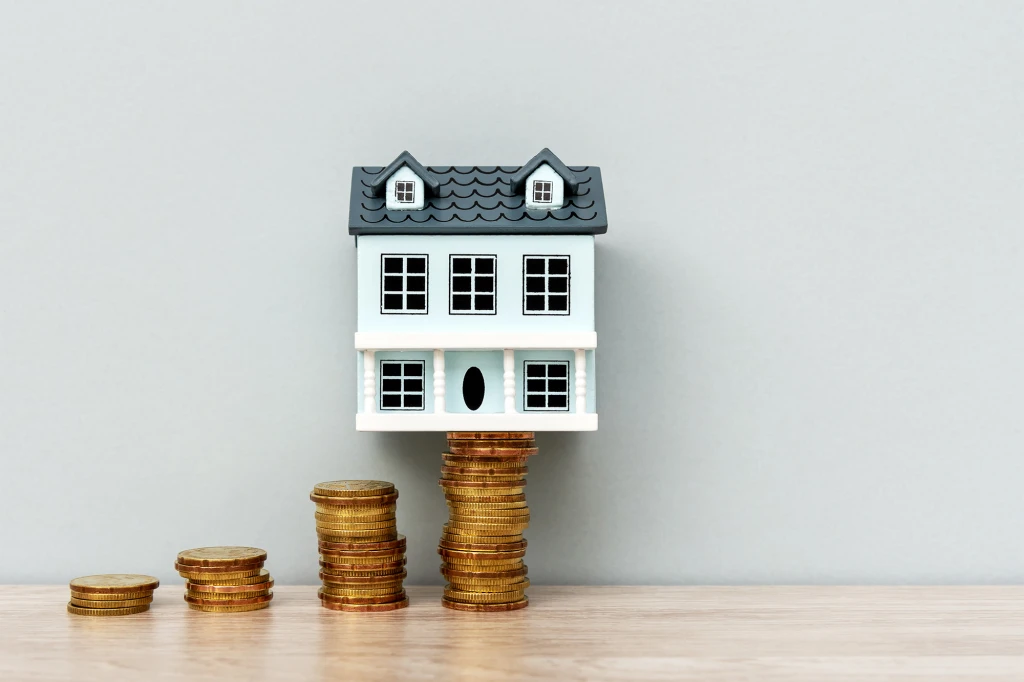The basics of real estate investment are quite easy: You invest in a property, either by buying one yourself or contributing to a loan to buy one. You rent it out or sell it. You repeat.
But while those steps are the easiest thing in the world to say, they are far more difficult to actually execute. If you want to make investment more than a theoretical exercise, then you need to know how to practice it. And that means knowing more than just the theory.
Where does one start? How do you go from a newbie to a professional? That is what we are here to help you do by telling you 10 ways you can become better at real estate investment.
1. Focus on Expertise First
The best place to start with growing your real estate investment skills is in expertise. The great part about expertise is that it does not require you to do any literal heavy lifting.
A great example of this is in the study of water damage. How does water damage happen? What is happening when water damages different materials? Why does it cause so much harm to a property? Answering these questions is a pathway into understanding your property.
2. Then Focus on Action

Only once you have a bedrock of expertise can you start to take the next step: Practicing what you read. Going off the water damage example, that will probably mean practicing fixing water damage. But if you want another example, think of dealing with mold or rats.
If you can deal with those three, then you can save literally thousands of dollars on renovation of some properties. You might still employ people to help with them, but you will have a much better idea of what they need to do and how long it will take, reducing costs.
3. Learn the Market at Large
You are probably mostly doing business within the city that you live. So, here is a fun thought experiment: What makes doing business within that city different than doing business in a city on the other side of the country? Or the other side of the world?
This sort of critical thinking exercise will reveal something to you: The market is a vast place with lots of different needs, problems, and solutions to those problems. And sometimes, a solution for a different problem might help you understand how to solve your own problems.
4. Learn Your Niche
Learning about the market at large will help you stay versatile, but learning your niche is how you put that versatility into practice. This is a particularly important step, as each niche is vastly different. You do not want to implement the practices of residential remodeling onto a property that is strictly built for infrastructure, business, or any other specialization.
5. Get Referrals

One of the biggest mistakes that people make when getting their referrals in real estate is only getting them when a client asks for them. What you want to do in order to build up a stable of referrals is to get them after you are done doing business with the previous client.
By doing it like this, the workflow will basically be that you work with a client, ask for a referral, and then move on to the next client. They will ask you for referrals, and you will already be ready to go with one. This is opposed to only getting the referral later.
6. Risk Analysis
Working in real estate investment means losing money some of the time. This is actually the case in any form of investment. But the scary thing about real estate investment is that the losses can be much bigger as the result of much smaller mistakes.
For this reason, risk analysis is one of the best skills you can learn. That means both learning what you cannot control, as well as learning what you can control. Some people are too eager to write things off as risks when in reality they are quite manageable with the right effort.
7. Build Trust
Where does trust come from? Scientists and sociologists believe that it comes from repeated interactions. And in real estate, repeated interactions happen far more than you might think.
Building trust is a matter of recognizing and making use of these repeated interactions. If you have the chance to talk to an appraiser multiple times, that can make the process of getting appraisals easier. The same goes for renovation, construction, and so on.
8. Avoid Certain Repeated Interactions Though

While it is good to build a reputation with some people, you might not want to do it with everyone. For instance, if you are in the business of regularly reselling damaged properties, then you probably want each of your appraisers to be different.
The key here is making sure that the people you are hiring do not get tired of you.
9. Understand the Banking Side of Things
Pop quiz, hotshot: What does “refinancing” mean? You probably know the answer to that even if you have never worked in real estate. But there are other banking maneuvers and lingo that you might not know. These are very small details, but they can mean losing lots of value.
10. Get an Accountant
For the reasons mentioned above, an accountant can make all the difference in the world. They can keep your cash flow from multiple sources in line, especially if you prefer to rapidly trade small investments rather than move large amounts of money all at once.
And even better if you like to mix it up and rapidly trade large amounts of money. That will make them even more valuable, as it means you do not have to make as many decisions.
Conclusion
Getting better at real estate basically means learning more of what you can do with a property, followed up by actually doing it. If you want to learn more, do not be afraid of reaching out.



